A Vision of Excellence and Impact
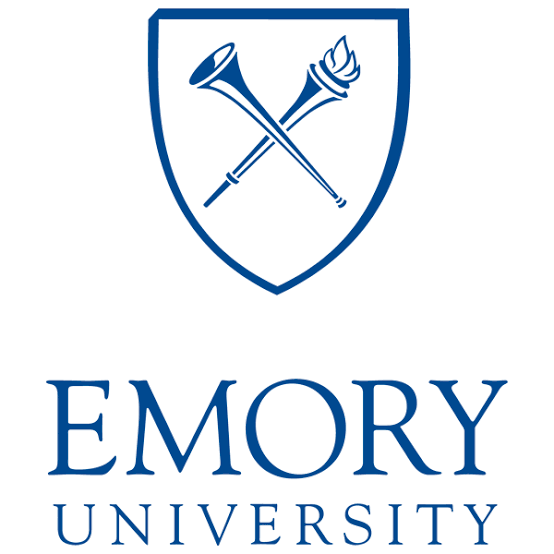
Emory University stands as a beacon of higher learning in the southeastern United States. Nestled in the Druid Hills area of Atlanta, Georgia, Emory has evolved from humble beginnings into a world-class institution that is celebrated for its rigorous academic programs, impactful research, and strong emphasis on public service and community engagement. With roots deeply embedded in its founding by the Methodist Episcopal Church in 1836, the university was originally known as Emory College, paying homage to the revered Methodist bishop John Emory. Today, Emory’s mission is to foster a transformative educational experience that equips its students not only to excel professionally but also to contribute meaningfully to society. This blend of academic rigor, innovative research, and social responsibility has firmly established Emory as an institution that nurtures leaders with compassion and integrity.
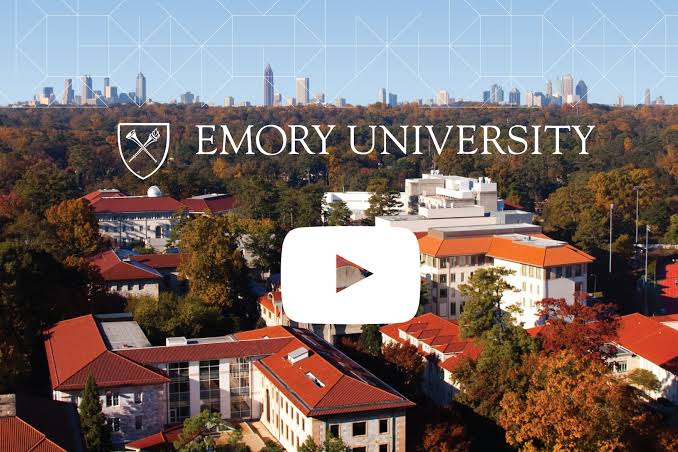
A Rich History and Legacy of Transformation
Emory University’s storied past is a testament to its enduring commitment to education and societal improvement. Founded in the early 19th century, Emory began as an institution designed to serve a community in need of moral and intellectual guidance. During its early years, the institution’s focus centered on providing a theological and liberal arts education that would empower its students to engage thoughtfully with the world. Over time, Emory expanded its academic horizons, transitioning from a small college to a comprehensive university with multiple schools and centers of excellence. The transformation intensified in the twentieth century when the university embraced modern research methodologies and diversified its fields of study. Today, Emory is organized into nine schools—including the Emory College of Arts and Sciences, Goizueta Business School, Emory University School of Medicine, and the Nell Hodgson Woodruff School of Nursing—which work in concert to produce graduates skilled in critical thinking, leadership, and innovative problem solving. This layered evolution, from a modest college to a robust research university, reflects Emory’s commitment to both preserving its traditions and embracing the innovations necessary for the future.
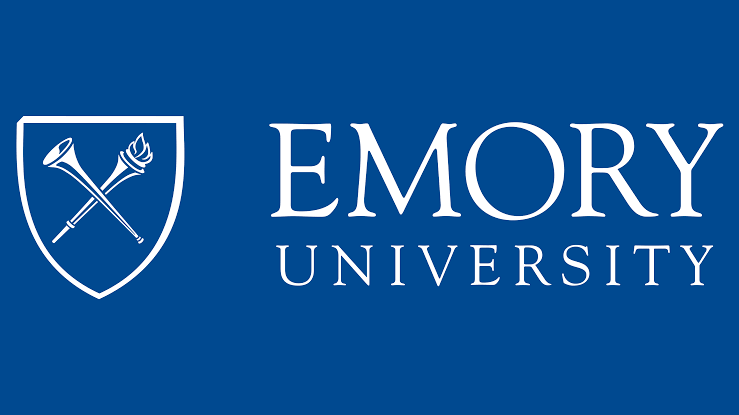
Academic Excellence and a Holistic Curriculum
At the heart of Emory University is a dedication to academic excellence that spans a wide range of disciplines. The university’s curriculum is designed to challenge students and foster an interdisciplinary approach that cultivates a broader understanding of complex subjects. Whether delving into the liberal arts, sciences, business, or health care, Emory designs its programs to encourage critical inquiry and collaborative learning. The Emory College of Arts and Sciences offers a rich curriculum that spans the humanities, social sciences, and natural sciences, ensuring that students develop a well-rounded intellectual foundation. Similarly, the Goizueta Business School is renowned for instilling in its students not only strong analytical skills but also a keen sense of ethical leadership—preparing them to become innovative leaders in the global market.
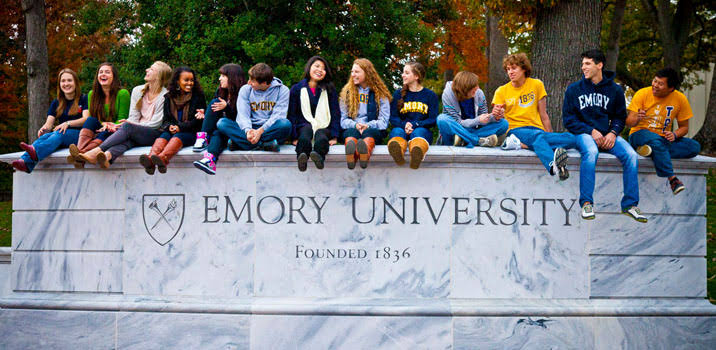
Emory’s diverse range of academic programs is supported by outstanding faculty who are committed to both teaching and research. Faculty members at Emory are frequently engaged in pioneering work that informs their teaching and elevates the academic experience. From small classroom discussions to large-scale research initiatives, the emphasis is invariably on fostering an environment where ideas flourish and students are encouraged to think critically about the challenges of the modern world. This holistic approach to education, one that values both breadth and depth in academic pursuits, has allowed Emory to maintain a reputation for excellence and innovation that is recognized on a national scale.
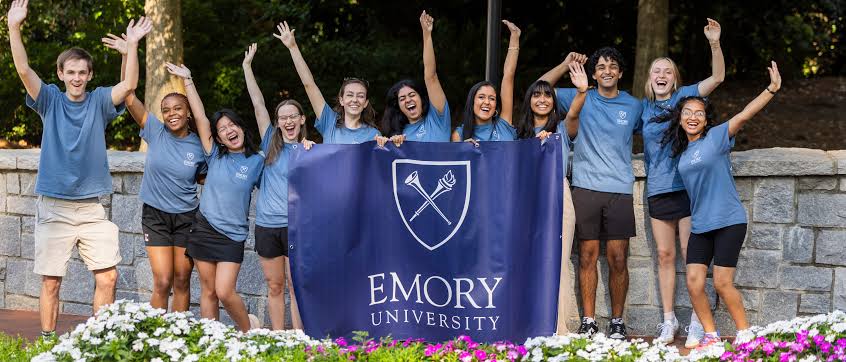
Pioneering Research and Transformative Innovation
Emory University is celebrated for its contributions to research and innovation, firmly positioning itself as a leader in both the medical and scientific communities. With extensive research facilities and an array of specialized centers, Emory has been at the forefront of medical breakthroughs, technological advancements, and interdisciplinary studies. The university’s research output spans areas such as infectious disease, cancer research, neuroscience, and epidemiology—fields in which Emory is noted for its significant impact. One of the remarkable facets of Emory’s research is its synergy with Emory Healthcare, the largest healthcare system in Georgia, which provides a real-world foundation for clinical research and health innovation. This integration ensures that advances in research translate into practical applications that improve patient care and public health outcomes on a wide scale.
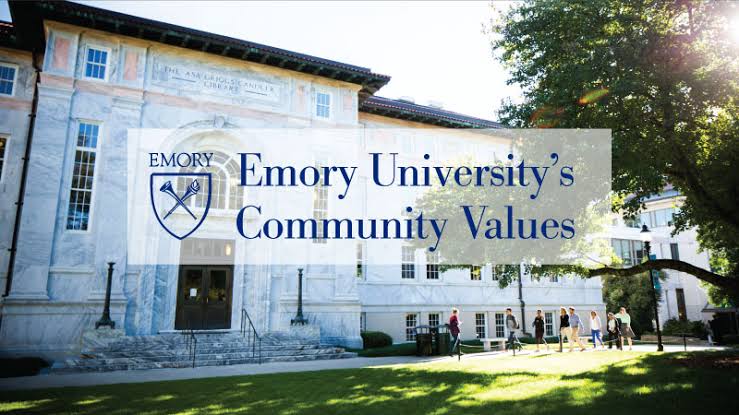
In addition to health-related research, Emory has also made substantial contributions to areas like global health, public policy, and the humanities. The institution’s commitment to tackling pressing global challenges is evident in partnerships with organizations such as the Centers for Disease Control and Prevention (CDC) and other international agencies. These collaborations allow Emory researchers to address issues ranging from infectious diseases to social inequities, thereby positioning the university as a critical player in shaping policies that influence public health and safety worldwide. With research funding in the hundreds of millions, Emory’s capacity to innovate is not only about scientific discovery but also about forging meaningful connections between research and its implications for society.
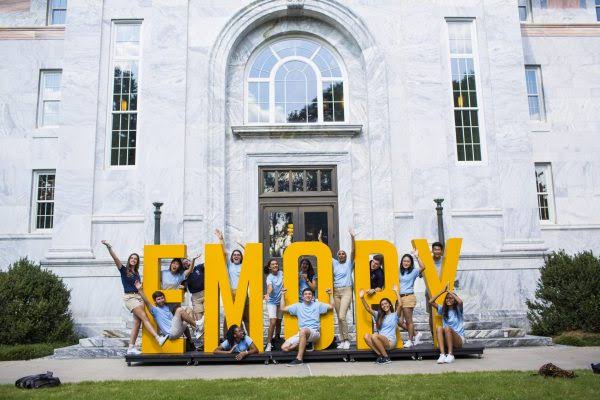
A Community-Driven Campus Life and Cultural Diversity
Beyond its academic and research endeavors, Emory University offers a dynamic campus life that nurtures a strong sense of community. The university’s main campus in Druid Hills is a vibrant blend of historic architecture and modern facilities, designed to create an environment conducive to both academic pursuits and personal growth. Emory fosters a culture in which the diversity of its student body is celebrated, and global perspectives are integrated into the learning experience. Students from across the globe come together to engage in a collaborative educational journey, enriched by cultural exchange and mutual respect.

Emory’s campus is characterized by extensive extracurricular opportunities that enable students to explore interests beyond the classroom. With more than 325 student organizations and various clubs ranging from community service to the arts, the university encourages students to develop leadership skills and forge lifelong connections. The existence of a vibrant arts scene, combined with a dedication to sports, volunteerism, and civic engagement, ensures that every student finds a niche where they can “find their voice” and contribute to the broader community. This holistic campus experience is instrumental in preparing graduates to lead lives defined not only by their professional successes but also by their societal contributions.
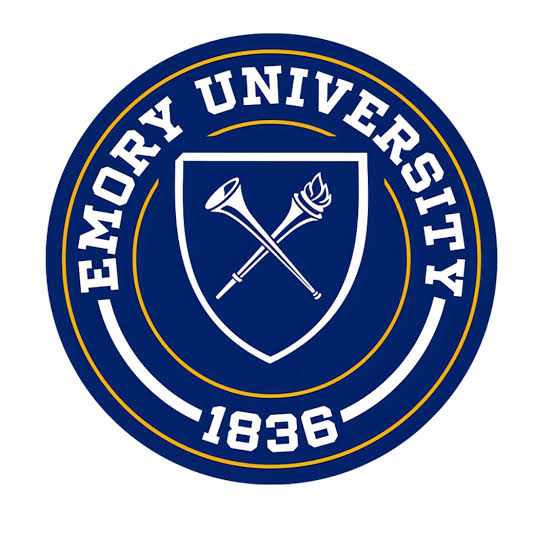
Global Outreach and Societal Impact
Emory University’s influence extends well beyond the confines of its campus, impacting communities locally, nationally, and internationally. The university’s commitment to global outreach is reflected in its numerous international programs and partnerships that allow students and faculty to work on issues affecting marginalized and underserved populations worldwide. Emory consistently leverages its academic strengths and research capabilities to address global challenges through interdisciplinary initiatives and community partnerships.
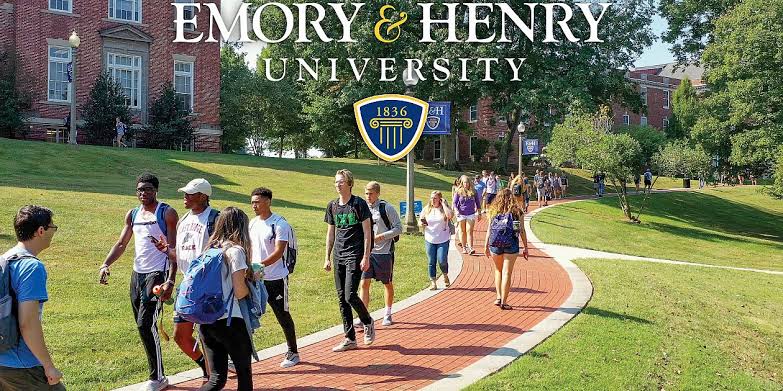
The university’s strategic location in Atlanta, a hub of cultural diversity and dynamic social change, further enriches its capacity for societal impact. Emory not only serves as a conduit for cutting-edge research in fields like public health and policy but also plays an active role in shaping the cultural and social landscape of the region. Through programs that focus on community engagement, service learning, and civic leadership, Emory empowers its students to become informed citizens who are prepared to contribute positively to society. This commitment to global impact is a cornerstone of Emory’s philosophy, positioning it as a leader in the dialogue between academia and the world at large.
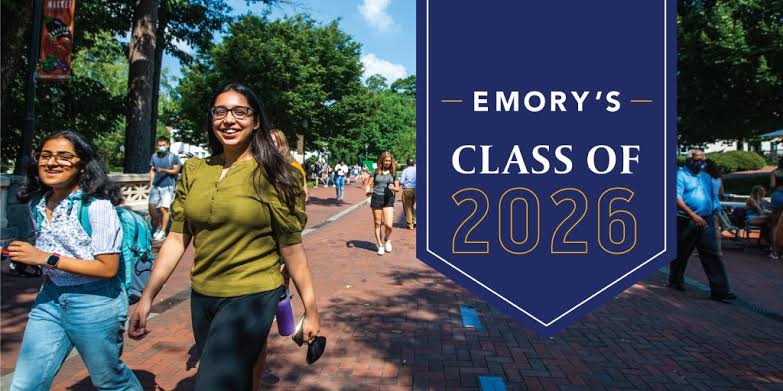
Conclusion: Emory’s Enduring Promise of Innovation and Service
In summary, Emory University represents a harmonious confluence of historical legacy, academic excellence, and innovative research. Its evolution from a modest college founded in 1836 to a major modern research university is a reflection of its unwavering commitment to nurturing intellect, fostering multidisciplinary collaboration, and serving society. Whether through its esteemed healthcare initiatives, expansive research endeavors, or culturally rich campus environment, Emory has continuously proven that education is more than a transfer of knowledge—it is a dynamic process of transformation that shapes future leaders poised to make a difference in the world.
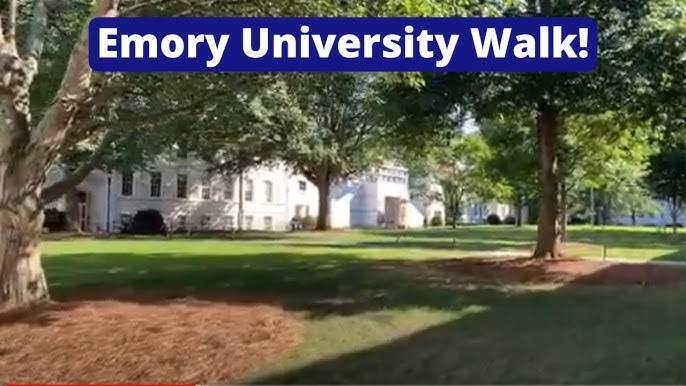
Embracing both tradition and forward-thinking innovation, Emory University remains dedicated to empowering its students and faculty to challenge the status quo and create a better tomorrow. The institution’s enduring promise to drive progress, coupled with its deep-rooted sense of community and service, makes it a vital pillar in the contemporary landscape of higher education.
From historical roots that emphasize moral inquiry and academic rigor to modern initiatives that address global challenges head on, Emory University is a testament to the power of education to transform lives and society. Its comprehensive approach—blending interdisciplinary studies, groundbreaking research, and community outreach—continues to inspire a generation of thinkers, doers, and leaders committed to making a sustainable impact on a global scale.
By further exploring Emory’s innovative research programs, campus traditions, and global partnerships, one can gain even deeper insights into how this institution continues to shape discourse and drive positive change worldwide. Whether your interests lie in medicine, public policy, the humanities, or beyond, Emory University offers a transformative environment where academic excellence meets real-world impact.